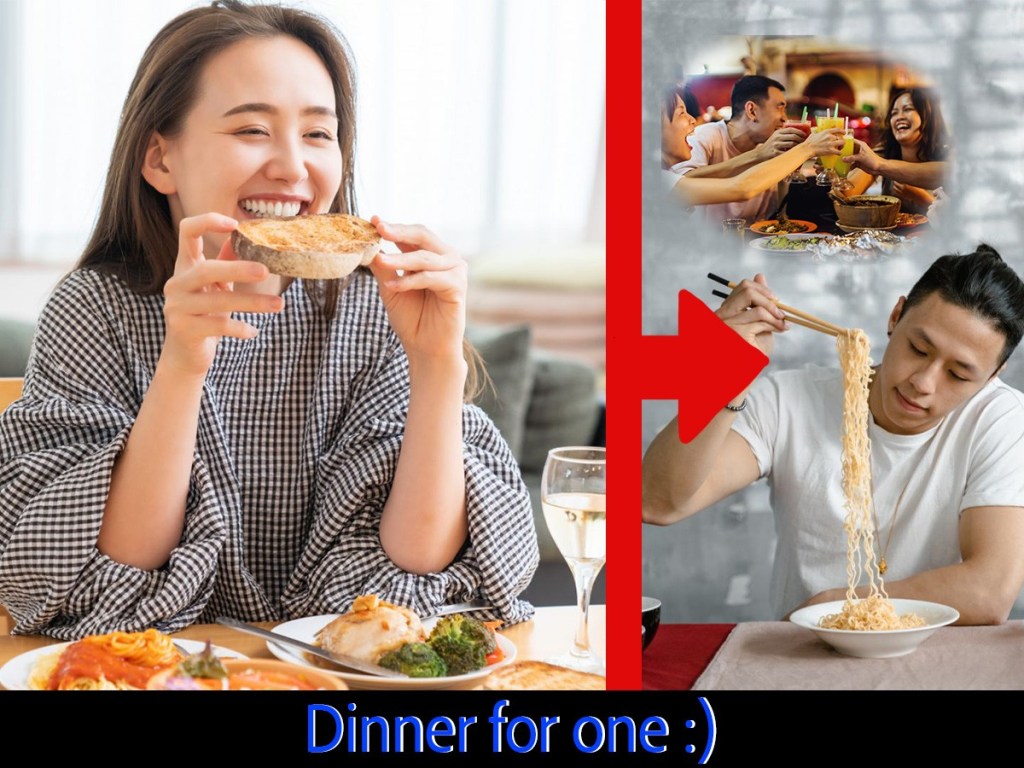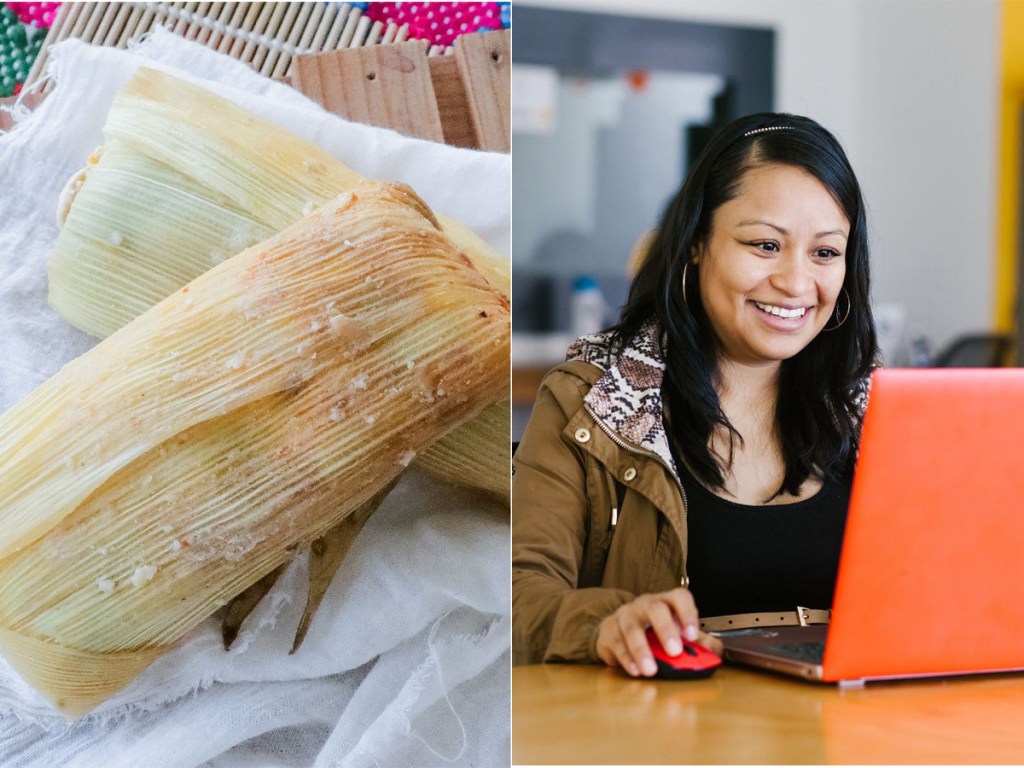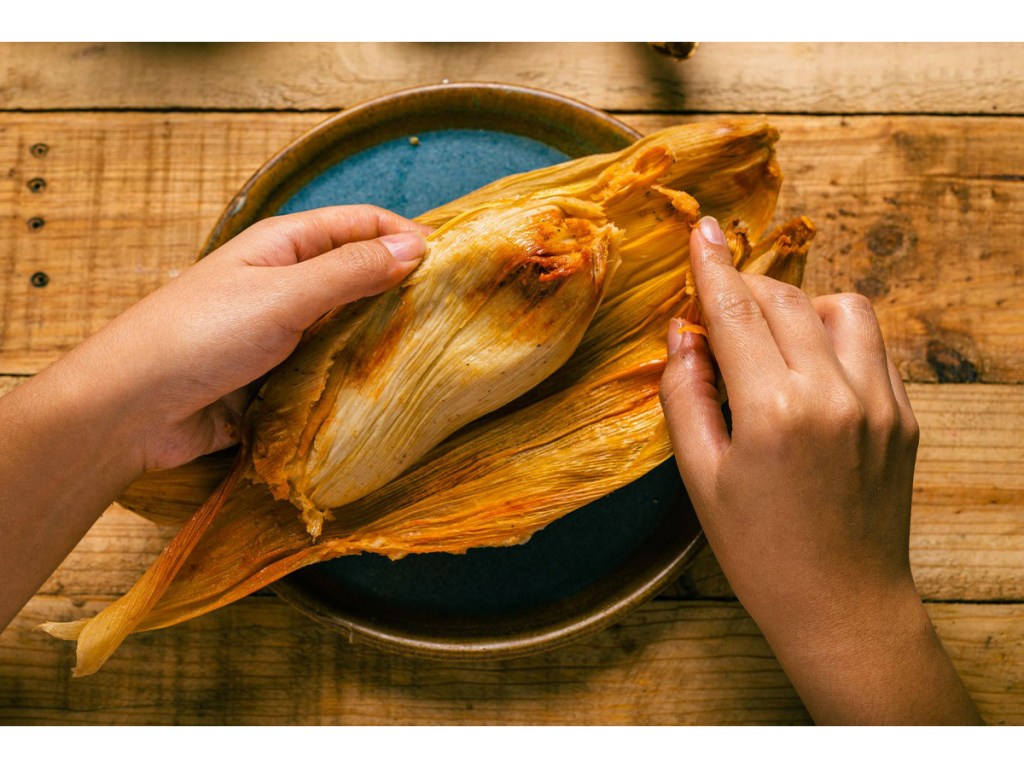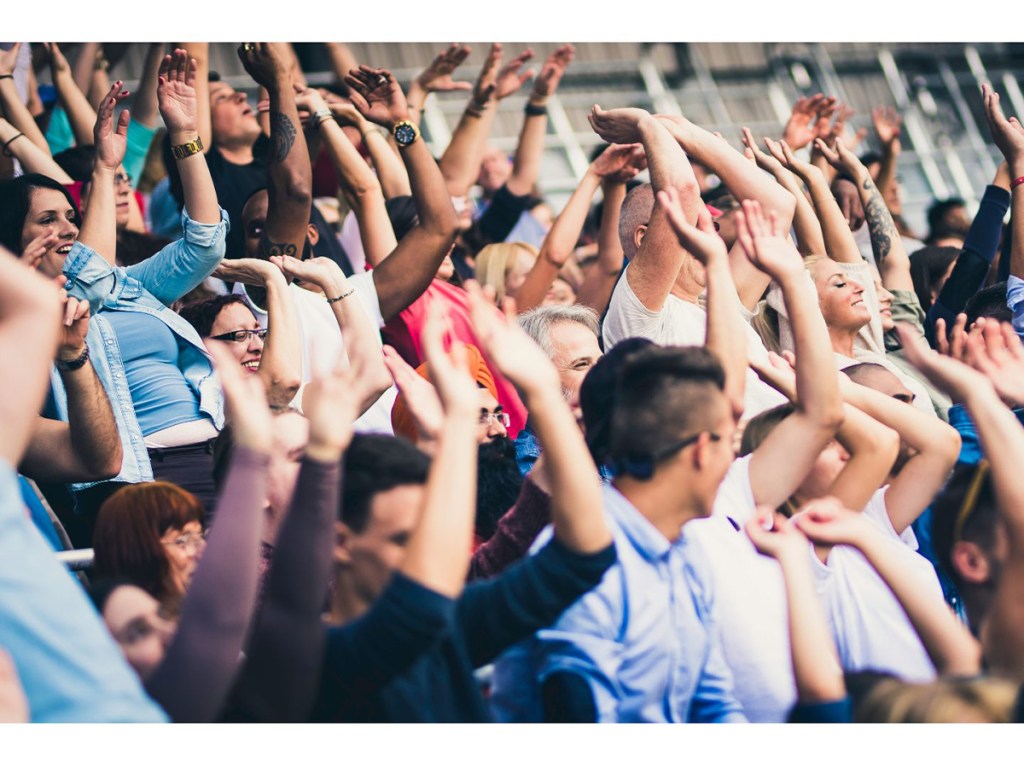Ohitorisama can have many meanings, but generally you can interpret the flair as an independent person or one customer going about an activity alone. The word started as a kind of disrespectful nod at unmarried women or those separated from her spouse. In 2001 a journalist Kumiko Iwashita wrote a book Ohitorisama that reclaimed the meaning of the word to honor and champion contemporary women who enjoy their alone time.
Ever since, Japan has been slowly catering to that solitary experience through single-customer-targeted-dining-experiences. The detail and creativity of this endeavor is awe inspiring and the Ohitorisama movement has enlisted single and solo exploring men too.
In the example found in this video just below, the tables are partitioned by screens creating individual stations. Each sanctioned station supplies persons with their own grill, neatly portioned and separated foods of vegetables, meats, and sauces, a monitor, and basic privacy from the other diners. Everyone seems invested in their own experience having an excellent meal with good company, themselves.
First reactions can vary yet overall viewers commented positively:
“This looks good especially whenever you need to be alone but you’re not confident with it.”“これめっちゃ良いな…” which translated in Google to mean, “This is so good…”
“Poca broma que los días que no me apetece comer con nadie en el curro si tuviera algo así cerca yo voy” also translated by Google means, “It’s no joke that on days when I don’t feel like eating with anyone at work, if I had something like that nearby I would go.”
Eating out solo has become quite popular in Japan, but why? Convenience and functionality seems to be the main attraction. Getting out of work late and preferring an excellent and affordable meal without having to rush home and eat super late. And let’s look at affordable. With intense competition among Japan’s food chains and convenience stores, the price point gets driven down. With cheap sushi, Izakay translates as “taverns” on alleyways, many mom-and-pop shops serve teishoku which are created meal sets, and of course cheap ramen there are many affordable options..

But it’s not just eating that people are going it alone. Karaoke which has been a popular cultural phenomena for Japanese entertainment is offering solo karaoke. Once large rooms ready to accommodate various group numbers, now have been rebuilt as individual phone-booth sized studios.
There are many parks and museums for individuals to explore in Japan. A whole industry of travel has access and suggestions ready and available to the solo seeker.
All this convenience and catering to individuals looking for the unchaperoned experience seems smart for business, but is it good for the patron? Maybe you’ve heard of the word anxiety. It seems like it’s been popular in describing and encompassing many different social disorders. America prescribes medication to help people navigate anxiety at an alarming rate. Estimates of the growing market size predict almost 16 billion dollars to be had by 2032. This prescription bonanza pulled in a startling $11.59 billion in 2024.

This is not an opportunity to condemn mental health disorders or punish people in need of medication to navigate a growing and changing world. It is however fair to state that beyond cause there is also influence, and a major influencer on anxiety is loneliness and lack of community.
Perhaps catering to people out of functionality alone isn’t in the best interest of the community. Having an amazing place to sit down and have a meal without the stress of dealing with other people every now and then is an obvious plus. Doing it on the regular could be damaging. Studies on loneliness and anxiety are everywhere and the health implications are documented. However, maybe that person sitting and eating alone is open to a hello. There’s lots of stories and information on how to navigate that experience too.















